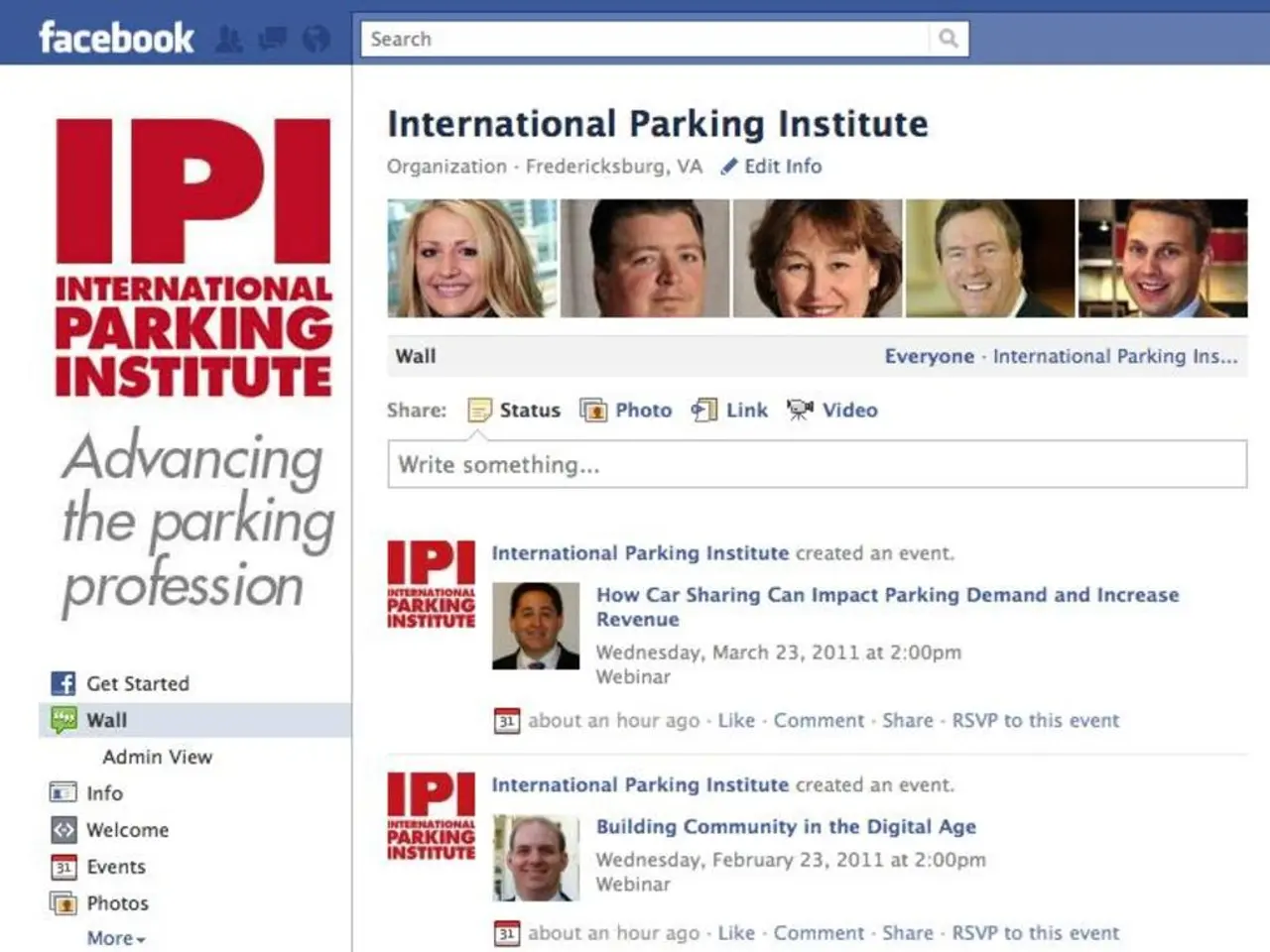Social Media's Impact on Fitness Inspiration: Assessing Its Benefits and Drawbacks?
Social media has become an integral part of our daily lives, and it plays a significant role in the world of fitness. Platforms like Instagram, Facebook, TikTok, and YouTube offer a wealth of fitness-related content, from workout tutorials to motivational quotes, and success stories.
Online fitness communities foster a sense of belonging, accountability, and camaraderie among individuals with similar goals and challenges. Engaging with accounts that promote supportive content and encourage interaction among followers can help build a supportive fitness community on social media.
However, social media also poses potential risks to mental health. The pressure to fit in or conform to social media trends, the comparisons to idealized images of thin and muscular bodies, and the pursuit of online validation can lead to feelings of inadequacy, low self-esteem, and body dissatisfaction. This is often referred to as "comparison culture," a social phenomenon where individuals measure their worth against often unrealistic media portrayals.
To maintain a positive relationship with social media, it's essential to adopt a few strategies. First, follow social media accounts that represent a broad spectrum of body types and emphasize health and functional fitness over appearance. Engaging actively by participating in fitness challenges or live workout events that promote personal progress and community support rather than competition or perfection can also be beneficial.
Practicing mindful consumption of social media is another crucial step. Setting time limits, being selective about the content you consume, and reducing feelings of FoMO (fear of missing out) and compulsive checking can help protect your mental health. Focusing on "non-scale victories" such as improved mood, stamina, and strength rather than weight or size supports mental well-being and sustainable motivation.
Recognizing and critically evaluating quick-fix claims and diet fads prevalent on social media can help avoid misinformation and unhealthy expectations. If social media begins to negatively affect mental health, taking a break or engaging in offline activities can provide clarity and help refocus on personal goals.
It's important to remember that social media often showcases curated highlights rather than the full picture. Reminding oneself of this can help prevent the creation of unattainable standards for users. Look for groups or hashtags focused on body positivity and wellness to find a supportive fitness community on social media.
While some fitness influencers offer valuable advice and inspiration, others may endorse products or practices that aren't necessarily safe or beneficial, potentially misleading followers and contributing to unhealthy habits. Be cautious and do your research before adopting any advice or recommendations.
In conclusion, social media can be a powerful tool for fitness motivation and community building. By adopting strategies that promote mental well-being, realistic expectations, and a focus on personal progress, you can leverage social media as a motivational tool while protecting your mental health and fostering a more positive and sustainable fitness journey.
- Social media's role in the fitness world extends beyond workout tutorials, offering motivational quotes, success stories, and various health-and-wellness lifestyle tips.
- Engaging with supportive fitness communities on social media can help build a sense of camaraderie and accountability among like-minded individuals.
- Comparison culture, a social phenomenon on social media, can negatively impact mental health, leading to feelings of inadequacy and low self-esteem when compared to idealized images.
- To maintain a positive relationship with social media, following accounts that promote a broad spectrum of body types and prioritize health over appearance can be beneficial.
- Engaging in fitness challenges or live workout events that foster personal progress and community support can be beneficial, rather than competing or striving for perfection.
- Practicing mindful consumption, setting time limits, and reducing feelings of FoMO can protect mental health while focusing on non-scale victories like improved mood, endurance, and strength.
- Recognizing and critically evaluating quick-fix claims and diet fads on social media can help avoid misinformation and unhealthy expectations, refocusing on personal goals.
- When social media begins to affect mental health negatively, taking a break or engaging in offline activities can provide clarity and reemphasize personal goals.
- While some fitness influencers offer valuable advice, others may endorse potentially unsafe products or practices, so it's vital to do thorough research before adopting any advice or recommendations.




